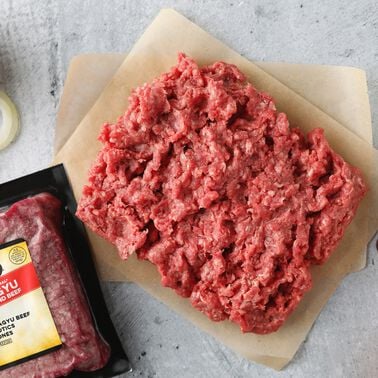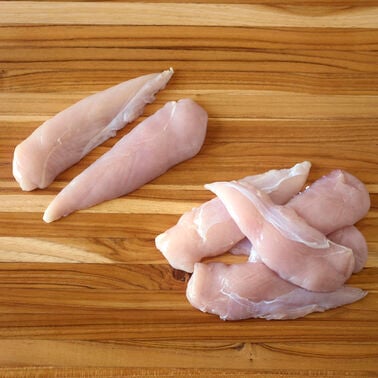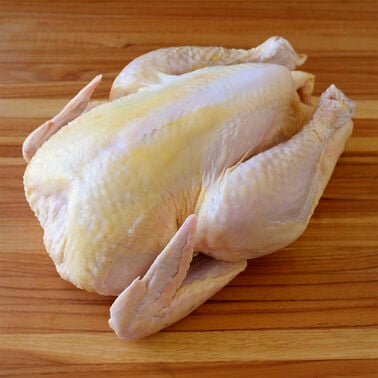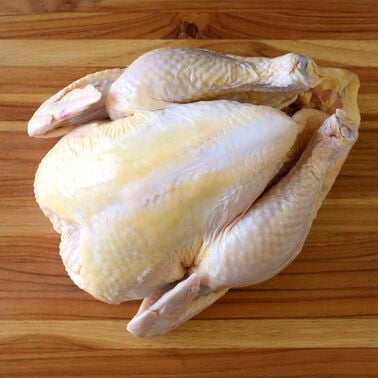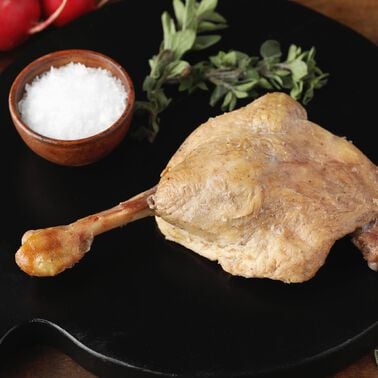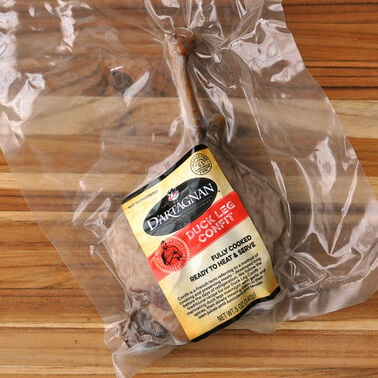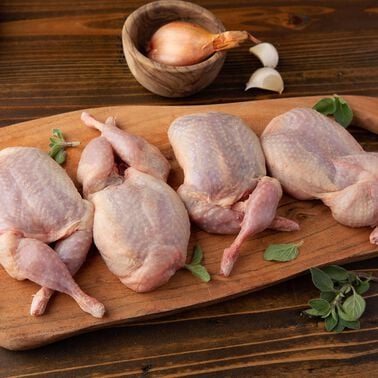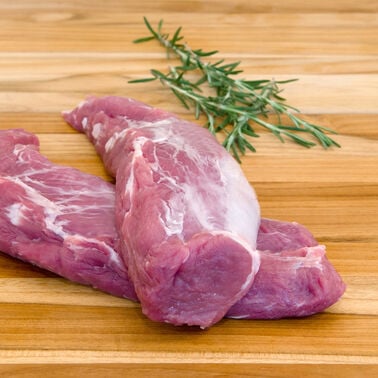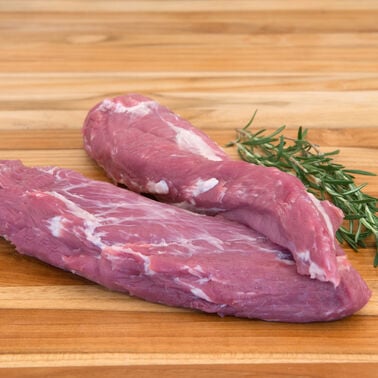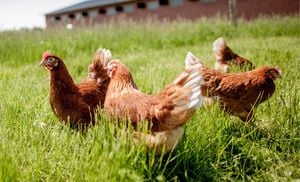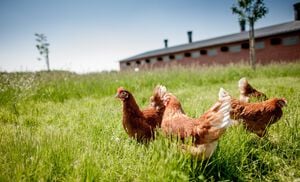Organic Chicken, Whole
-
In Stock
- Humanely-raised
- USDA-certified free-range organic chicken
- 100% non-GMO, organic feed of corn and soy
- No antibiotics or hormones
- No animal by-products
- No arsenicals
- Raised to 8 weeks
- Air-chilled for no retained water
- Farm-to-table audit trail
- Sold in an uncooked state
- Product of USA
- For best taste on fresh products, use or freeze within 3-5 days of receipt; for frozen products, use within 1-2 days after thawing
- Subscription Eligible
Cooking Methods: Roast, Poach, Barbecue, Smoke, Pan-Fry, Braise, Stew
Cooking Tips: Organic chicken can be cooked whole, spatchcocked, or cut into parts. The mild flesh can take all manner of seasoning. Butter or duck fat rubbed all over the outside helps crisp and brown the skin. If roasting whole, try stuffing the cavity with aromatics like lemon, onion, or herbs. Whole chicken is cooked when an instant read thermometer inserted into the thickest part of the breast and thigh registers 165 degrees F and juices run clear. When buying a whole chicken, remember to stash the bones away in the freezer after you’ve eaten the meat to make stock. Chicken stock is one of the secrets of great chefs - they use it in place of water in many recipes, as a base for sauces, and to impart umami to vegetable dishes. We are firm believers in using the whole animal - from beak to tail.

Our organic chickens are raised in the heart of Pennsylvania Dutch country by small Amish and Mennonite family farms committed to sustainable agriculture.
The chickens feed only on whole, non-GMO organic corn and soy, and no protein supplements, no poultry or fish by-products, no pesticides or herbicides are ever used. The water they drink is pure spring water, free of chlorine and fluorine. No growth hormones, tranquilizers, arsenicals or antibiotics are ever administered.
Our chickens are also free-range. In order for poultry to be certified free-range, it must be raised in specific conditions: with access to the outdoors and natural light, ability to forage naturally and a minimum of 1.5 square feet of space per bird when indoors. In addition, they must be raised to 8 weeks of age, as opposed to 5 or 6 weeks, which is standard for commercially-raised chicken.












